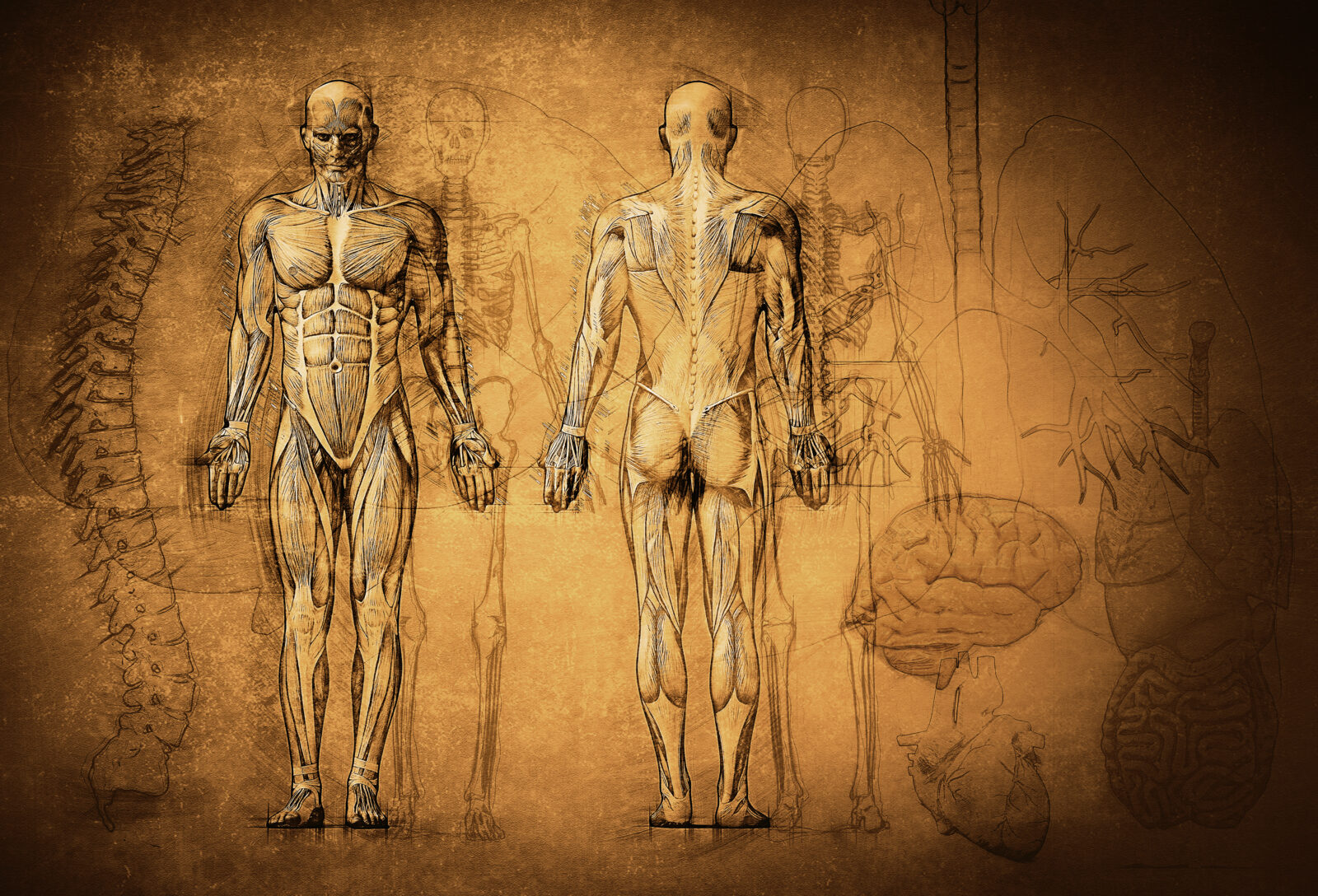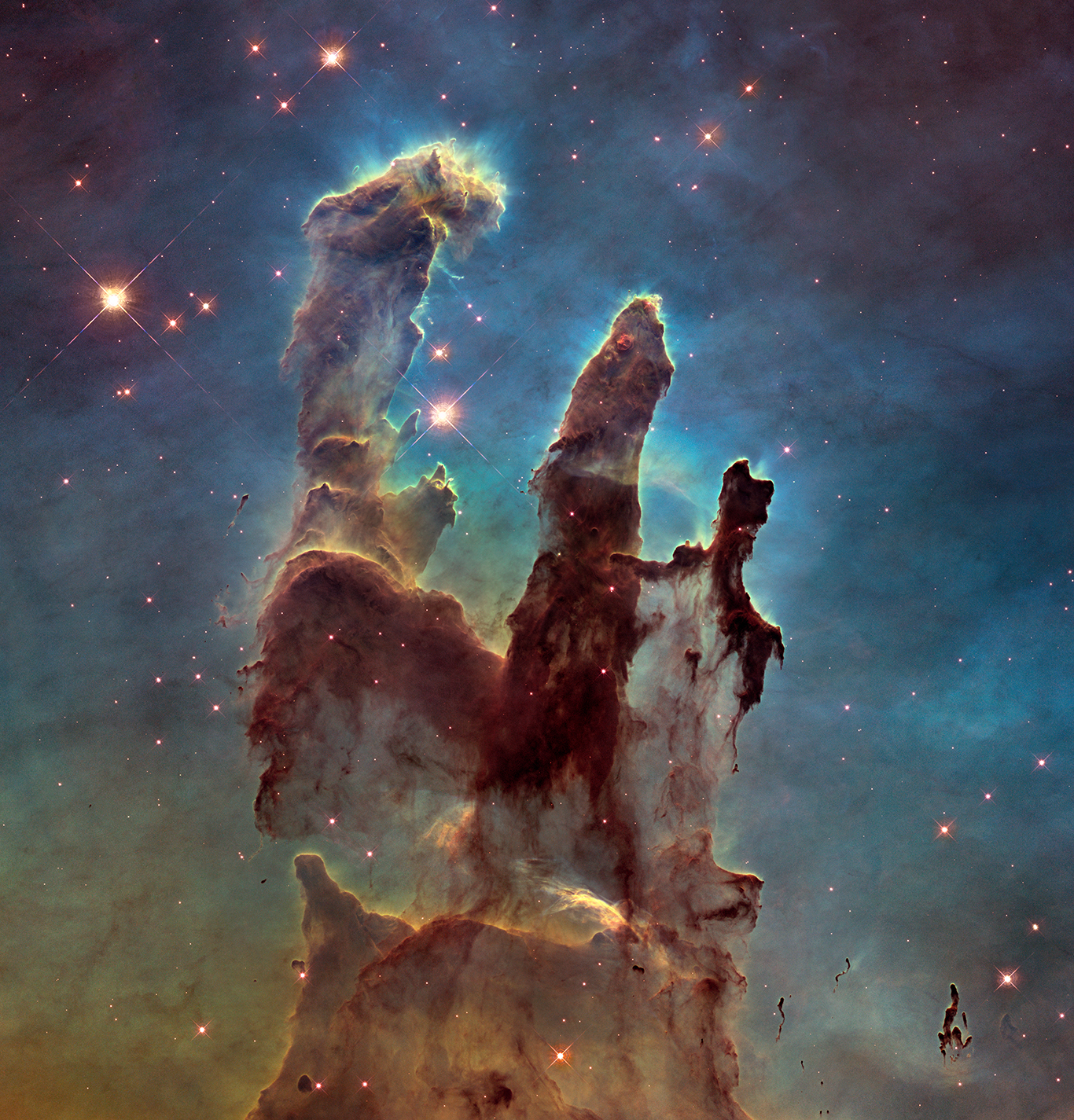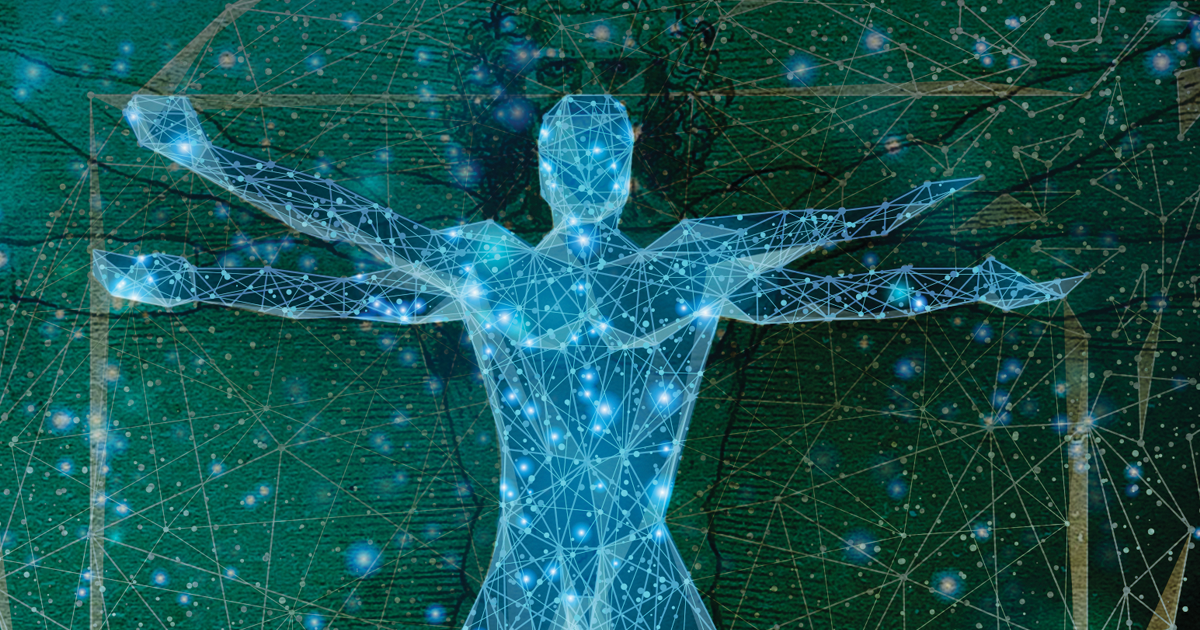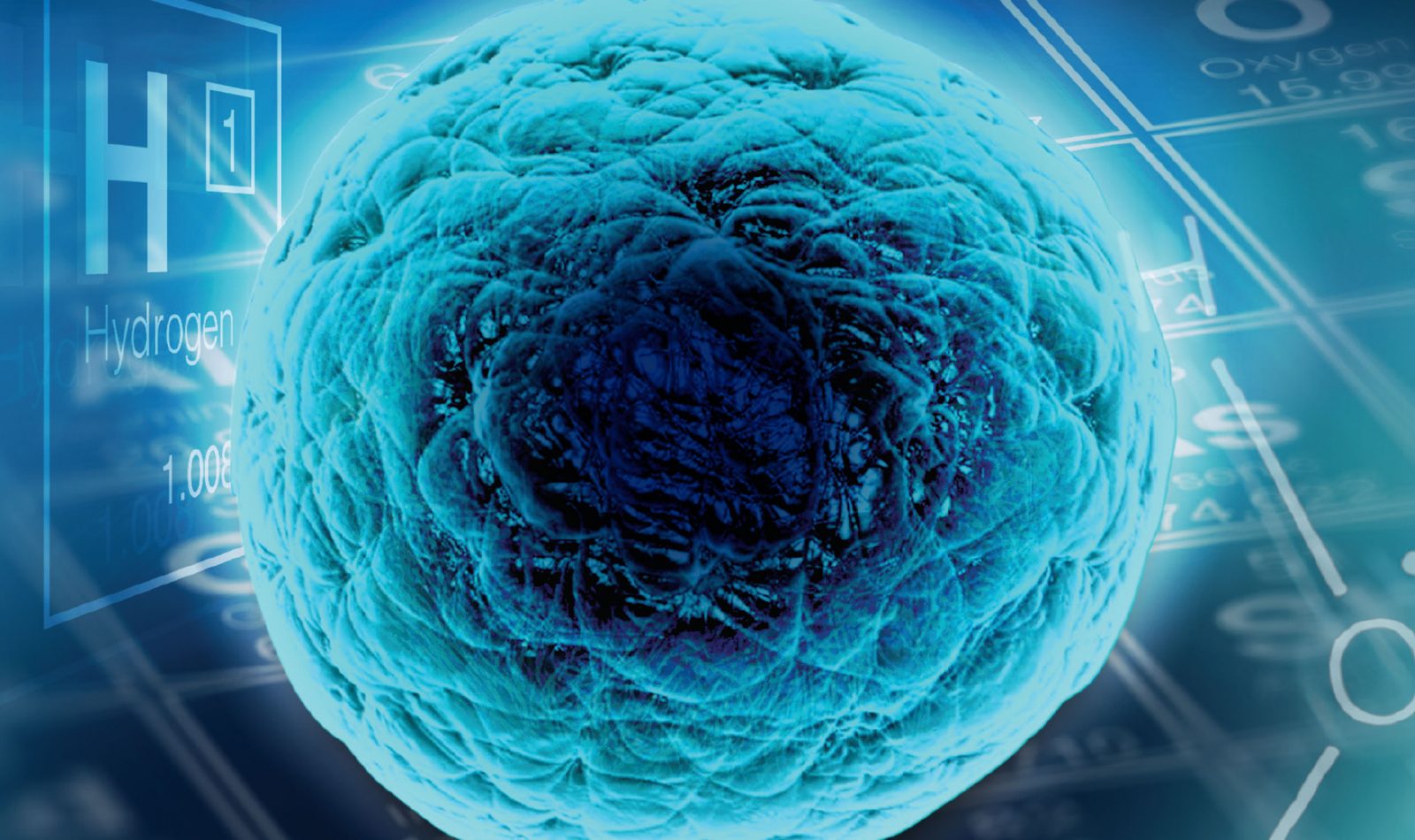


The Miracle of Man: Reflections on The Westminster Conference

Astrophysicist Bijan Nemati on Why Intelligent Design Matters
On today’s ID the Future, astrophysicist and intelligent design proponent Bijan Nemati shares the first part of his story of science and faith. Those who follow Discovery Institute’s Center for Science and Culture may know Nemati from his appearance in the popular ID documentary The Privileged Planet. Born and raised in Iran, he moved to the United States shortly before the Iranian revolution, became an atheist in college, but eventually found his way to a strong religious faith, in part through his exposure to the scientific evidence for intelligent design, first in biology and then in cosmology. Along the way he landed a high-level job with NASA’s Jet Propulsion Laboratory (JPL) and became a leading expert in space interferometer telescopes and the science and technology of detecting earth-like planets. Tune in as he shares with host Eric Anderson his journey of discovery.

The Miracle of Man: Extraordinary “Coincidences” All the Way Down
On today’s ID the Future, Miracle of Man author and biologist Michael Denton continues his conversation with host Eric Anderson. Here Denton does a rapid flyover of several more anthropic “coincidences” in chemistry, biochemistry, and Earth science that are fine tuned to allow air-breathing, bipedal, technology-developing terrestrial creatures like ourselves to exist and thrive. The fine tuning, what Denton calls anthropic prior fitness, would seem to require foresight and planning on literally a cosmic scale. The wide-ranging conversation, the final one in a four-part series, gives a flavor for the breadth—if not the depth and richness—of Denton’s new book from Discovery Institute Press, available here.

The Miracle of Man: Fine Tuning for Blood and Breath
In Part 3 of The Miracle of Man interview with author Michael Denton, the Australian biologist and MD explores with host Eric Anderson some of the bioengineering marvels of the human lung and, more fundamentally, some of the many things about chemistry, the sun, and planet Earth that had to be just so to allow our respiratory and circulatory systems to work—not merely as well as they do but at all. It’s fine tuning for creatures very much like ourselves, what Denton terms The Miracle of Man. “Denton provides the a scientific underpinning for a theistic real humanism far beyond the nihilistic implications of so-called secular humanism,” writes German paleontologist Günter Bechly. “The book deserves to become a game changer that will spark a new enlightenment and re-enchantment of the cosmos in the twenty-first century.” The new book is available at Amazon and other online retailers.

Michael Denton: The Miracle of Man Rests on a Primal Blueprint
This ID the Future continues Miracle of Man author Michael Denton’s conversation with host Eric Anderson about his latest book. The focus of this capstone work in his Privileged Species series is, as the subtitle explains, The Fine-Tuning of Nature for Human Existence. Here Denton and Anderson dive deeper into the book’s argument that science has uncovered multiple ensembles of fitness for creatures much like ourselves—land-going, airbreathing, intelligent bipeds capable of controlling fire and developing new technologies. In other words, it’s not just a handful of things about nature that appear fine tuned for our existence. It’s a long list of things, and indeed, a long list of interdependent ensembles of prior fitness—what Denton sometimes refers to as a “primal blueprint.” Internationally distinguished chemist Marcos Eberlin describes the new book as “marvelous… an epic journey through a stunning landscape of scientific discovery… most convicting.” Get your copy here.

Neil Thomas Takes on Epicurus and the Logical Positivists
Today’s ID the Future concludes a three-part series featuring author Neil Thomas in a free-ranging conversation with radio show host Hank Hanegraaff. The focus is Thomas’s recent book, Taking Leave of Darwin: A Longtime Agnostic Discovers the Case for Design. Here Thomas and Hanegraaff discuss the logical positivists and what Thomas sees as their failure to consistently apply their evidential standards to Darwinism. Thomas also contrasts the cosmic nihilism of Richard Dawkins with the mounting evidence of fine tuning for life, and calls out what Thomas describes as the magical thinking at the heart of Darwinism. Hanegraaff and Thomas also explore how Darwin’s theory of evolution has roots in an ancient philosophical system that was long regarded as resting on such flimsy speculative foundations that it wasn’t taken seriously for long centuries. In Thomas’s opinion, that philosophical system shouldn’t have been taken seriously then, and still shouldn’t be. In the wrap up, Hanegraaff and Thomas provide a model of how two men with differing positions on Christianity can converse and even challenge each other while remaining cordial. Hanegraaff, an Orthodox Christian, urges Thomas, a longtime agnostic rationalist who has recently become open to theism, to take his journey into theism further by considering the historical claims specific to Christianity. Does Thomas bridle? Not all. Listen in to hear how the conversation plays out, and find Thomas’s book, which Hanegraaff highly recommends, here. This three-part series is posted here by permission of Hank Hanegraaff. For more Hank Hanegraaff, check out his podcast, Hank Unplugged.

Neil Thomas Talks Darwin, Aquinas, OOL and … Young Frankenstein
On this ID the Future, Taking Leave of Darwin author Neil Thomas continues a lively conversation with radio host Hank Hanegraaff. In this second in a three-part series, the two touch on the fossil record’s challenge to Darwinism, Gould and Eldredge’s rescue attempt, the question of whether Darwin’s best known contemporary defender is dishonest or merely self-deluded, the wishful thinking surrounding origin-of-life studies, the failed attempts to reduce the mind to mere brain chemistry, and the morally repugnant pro-eugenics ideas rooted in Darwinism and touted in the textbook at the heart of the famous Scopes Monkey Trial. The conversation is posted here by permission of Hank Hanegraaff. Get Neil Thomas’s book here.

Michael Behe on the Growth of ID via the Growth of Science
On this ID the Future, Michael Behe continues discussing A Mousetrap for Darwin, his newest book. Understanding of the cell has grown “by leaps and bounds” since the 1990s, when Behe’s first book appeared. Fresh discoveries have revealed ever more complex structures inside the cell. As Behe explains, it isn’t just the bacterial flagellum that’s irreducibly complex; the “hook” region inside the flagellum is, too. Evolution’s proper place of study has moved from gross anatomy and population genetics to biochemistry. In his conversation with host Eric Anderson, Behe says that intelligent design theory’s predictions are coming true over time, while for every step of increasing knowledge, it gets “worse and worse” for the theory of evolution by undirected unintelligent processes. Purchase his latest book here.

A Reading from Michael Denton’s New Book, The Miracle of the Cell
On this episode of ID the Future, Andrew McDiarmid reads an excerpt from the new book The Miracle of the Cell by Michael Denton. Denton, a biochemist from Perth, Australia, and senior fellow of Discover Institute’s Center for Science and Culture, introduces the wonders of the cell as “the universal constructor set of life.” The diversity of cells — their variety of form, function, and locomotion — is beyond describing, with some cells almost seeming sentient, even ingenious. As Denton notes, our growing knowledge of the cell’s staggering sophistication has provoked the name “the third infinity.” And this quick flyby of the cell is just an excerpt from the book’s introductory chapter. There Denton lays the groundwork for the book’s deeper dive into the extraordinary fine tuning of the chemical elements of life, a prior fitness that, according to Denton, points not only to intelligent design but to “a primal blueprint.”